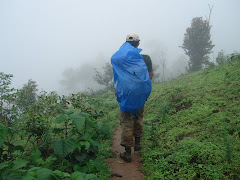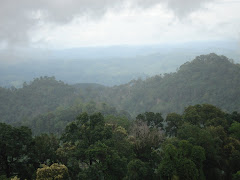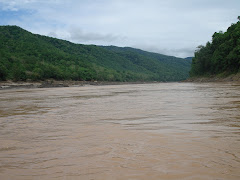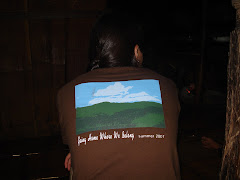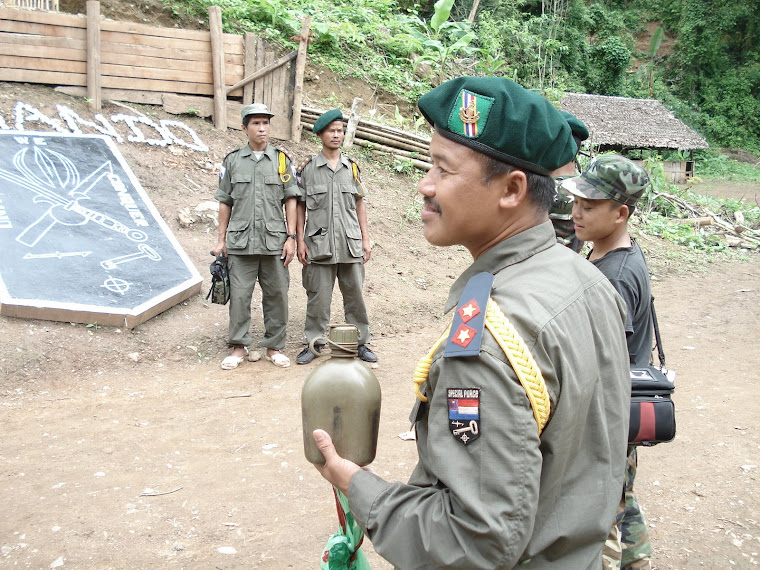

 Background: As we began to formulate this program, we had decided that this first trip back home would be based on three main goals: to educate ourselves with the situation on the ground so that we could prepare for better services in the future; to share our knowledge with those who certainly would be interested; and to build a stronger bond between us despite the geographic disparity. Ultimately, we expected that a trip as such would humble us in many ways, would enable us to appreciate education more, and would strengthen our commitment to the betterment of our peoples’ future.
Background: As we began to formulate this program, we had decided that this first trip back home would be based on three main goals: to educate ourselves with the situation on the ground so that we could prepare for better services in the future; to share our knowledge with those who certainly would be interested; and to build a stronger bond between us despite the geographic disparity. Ultimately, we expected that a trip as such would humble us in many ways, would enable us to appreciate education more, and would strengthen our commitment to the betterment of our peoples’ future.
 Activities: As we had informed you previously prior to the beginning of the trip, we generally divided the program into two main parts. As appeared in our Work Plan 1, the first part of the trip involved meetings & discussions with various youth and students groups in the refugee camps, workshops, and town-hall meetings with our leaders of respective organizations such as the Karenni National Progressive Party (KNPP) and the Karen National Union (KNU). We traveled extensively from north to south and then back to the north again as to fulfill our set agenda.
Activities: As we had informed you previously prior to the beginning of the trip, we generally divided the program into two main parts. As appeared in our Work Plan 1, the first part of the trip involved meetings & discussions with various youth and students groups in the refugee camps, workshops, and town-hall meetings with our leaders of respective organizations such as the Karenni National Progressive Party (KNPP) and the Karen National Union (KNU). We traveled extensively from north to south and then back to the north again as to fulfill our set agenda.



























